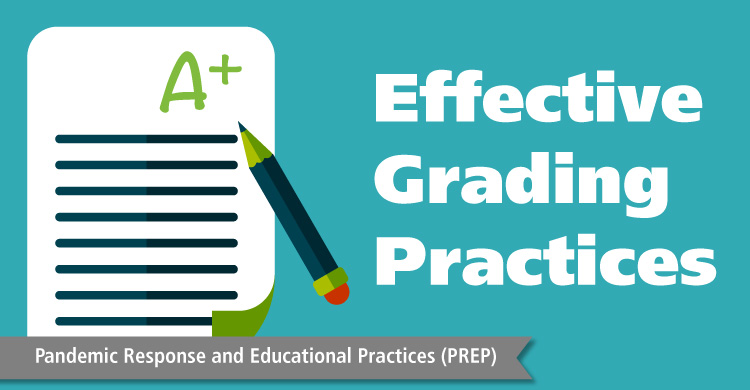Beyond Conversations About Race
What’s wrong with conversation? Certainly, communication is important, but action is far more important. Although
Read More

What’s wrong with conversation? Certainly, communication is important, but action is far more important. Although
Read More
This entry is the ninth in a blog series called Pandemic Response and Educational Practices
Read More
Based on 100-Day Leaders: Turning Short-Term Wins Into Long-Term Success in Schools Our book, 100-Day
Read More
I recently received a question from a teacher who was concerned that her colleagues, who
Read More
“Straighten up, Mary!” I said sternly. “I know that it’s your 3rd birthday party, but
Read More